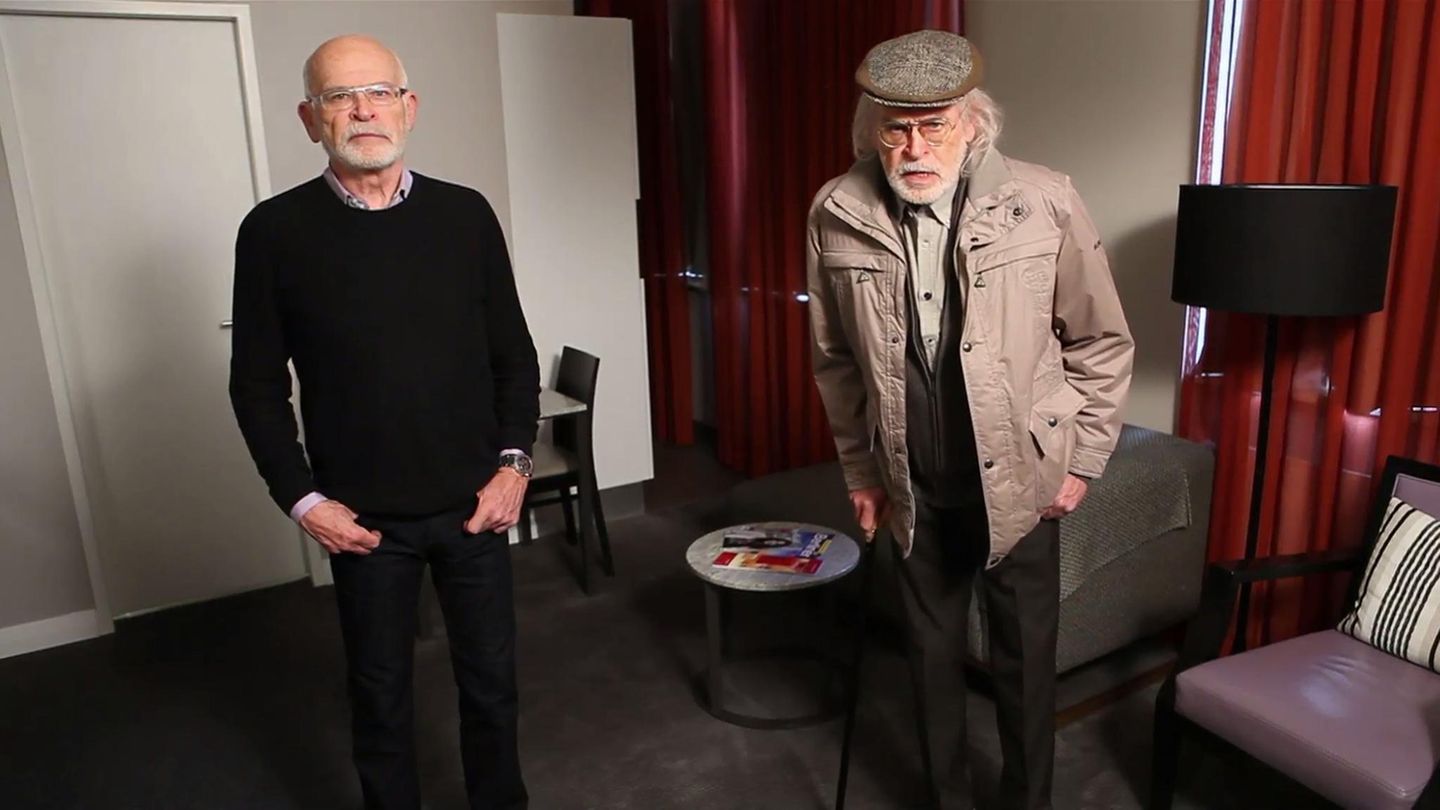He is perhaps the most uncomfortable German journalist: Günter Wallraff sneaked into the “Bild” newspaper or pretended to be a Turk “Ali” in order to take action against temporary work and exploitation. The fact that he always had to be combative himself and made himself vulnerable through mistakes didn’t stop him. Even on his 80th birthday on Saturday, Wallraff is still trying to uncover abuses – now supported by a team.
Wallraff did not receive anything at the German Television Prize awarded a few days ago, but at least he made it among the three nominees. With his “Team Wallraff” working for the private broadcaster RTL, the journalist, who was awarded the television prize for his life’s work a few years ago, took action against the nursing shortage. The research was largely undercover – as Wallraff has been doing for decades.
Wallraff was born on October 1, 1942 in Burscheid near Cologne. He first worked as a bookseller, then wrote poems and clashed with the authorities for the first time after being drafted into the armed forces. Because he refused to pick up a weapon, he was first taken to the psychiatric ward of the Bundeswehr and, in his own words, classified as an “abnormal personality” and released.
Wallraff published a diary about the time. His “Industrial Reportages”, also published as a book, for which he crept into the company as an employee, were a great first success.
But Wallraff lived out his undercover methods in many areas of social problems: sometimes he went to a psychiatric hospital as an alleged alcoholic, then he gave away a homeless person or, as a Turk, tried to find an apartment. In addition to written reports, Wallraff also used television as a medium early on. In 1971, for example, ZDF broadcast his film “Flucht vor den Heimen” about the welfare education of the time.
Two books in particular ensured that Wallraff is practically its own brand today. He sneaked into the “Bild” newspaper and reported as a reporter Hans Esser for their editorial office in Hanover. Wallraff reported in his bestseller “Der Aufmacher” about dubious research methods and political manipulations, the Springer publishing house defended itself in court. After a long legal battle through all instances, Wallraff was able to prevail for the most part.
Several hundred thousand copies of “Der Aufmacher” were sold. But that’s no comparison to “Ganz unten” from 1985. In it, Wallraff slipped into the role of the Turkish worker “Ali” to denounce unworthy working methods. The book was sold more than five million times in its German-language edition alone – making it the best-selling non-fiction book in Germany to this day.
But Wallraff did not become a brilliant bestselling author as a result. Turks with whom he worked on “Ganz unten” later accused him of dubious methods, bad treatment and discriminatory pay. There was also criticism of Wallraff’s working methods in his “Bild” report.
He himself later reported how friendships and his family life broke up because of his way of working and his successes. There was also criticism and trouble with close employees later on. But Wallraff kept going, until today.
Presumably what he said on his 60th birthday to the “Süddeutsche Zeitung” when asked whether the republic had changed through his work still applies to him. “It would be megalomaniac to claim that – I think I’ve provoked thought in many and on one occasion I’ve at least managed to shake something of a conscience in an otherwise very jaded society.”
Source: Stern
Jane Stock is a technology author, who has written for 24 Hours World. She writes about the latest in technology news and trends, and is always on the lookout for new and innovative ways to improve his audience’s experience.




